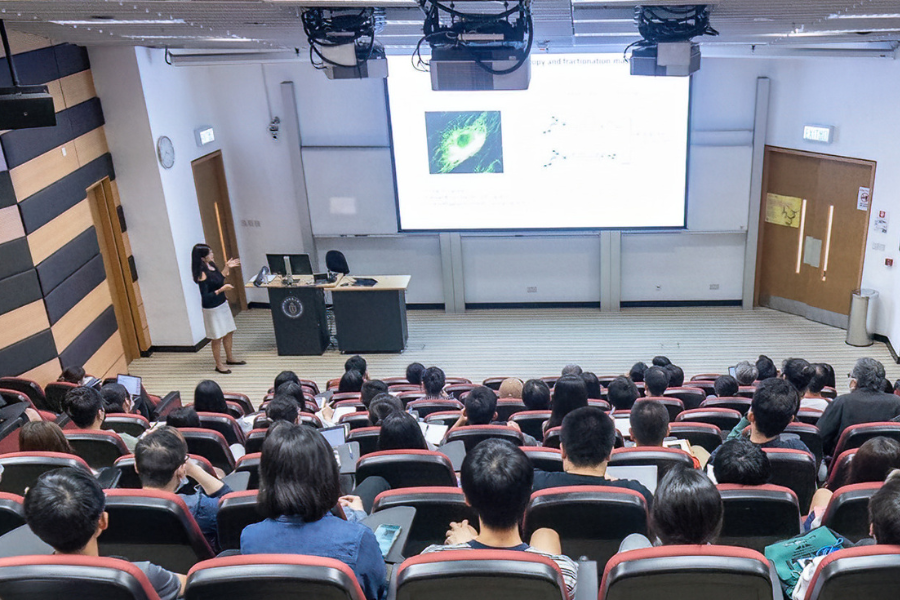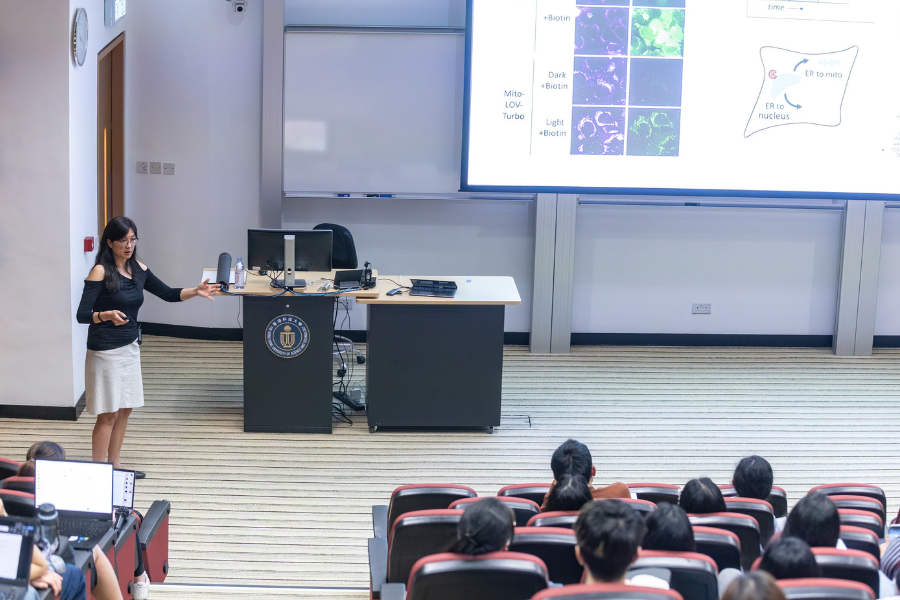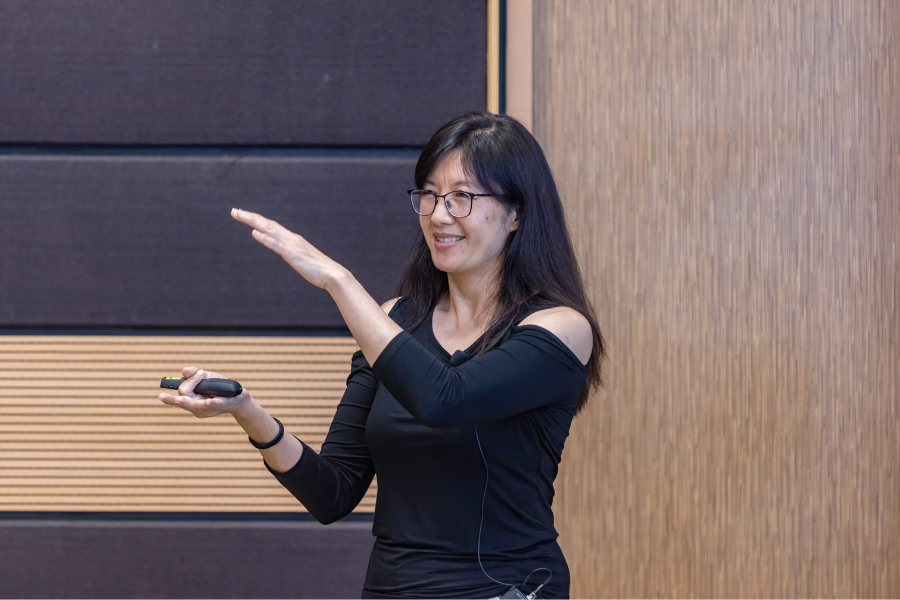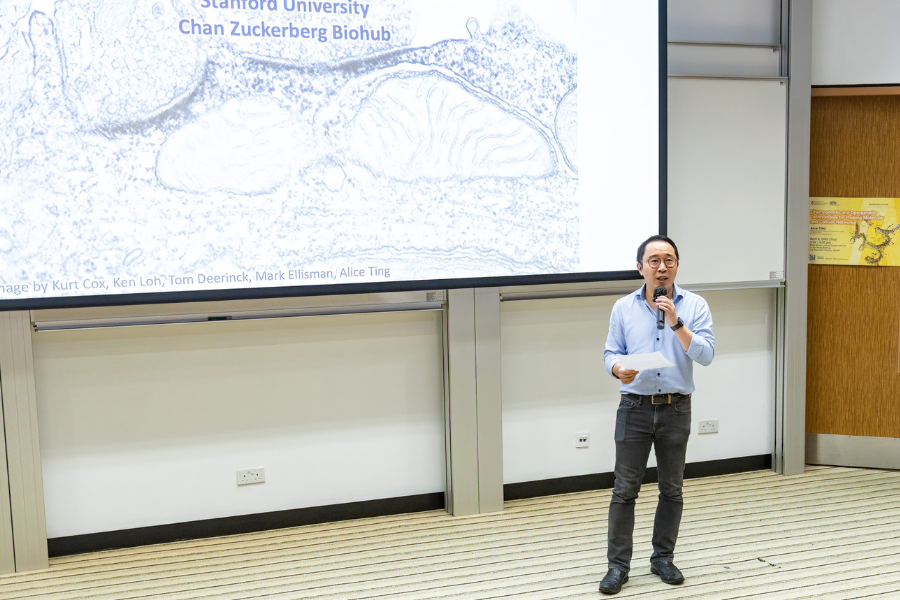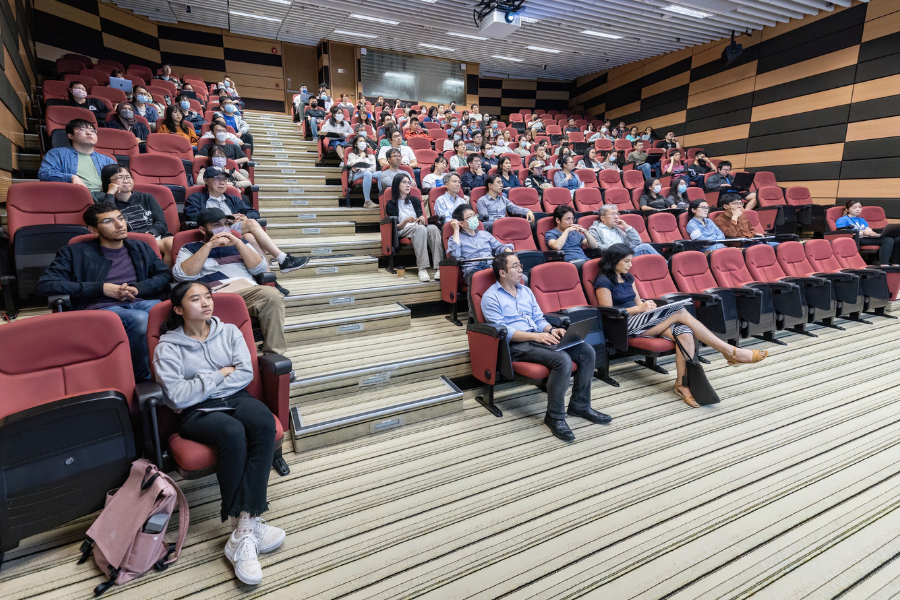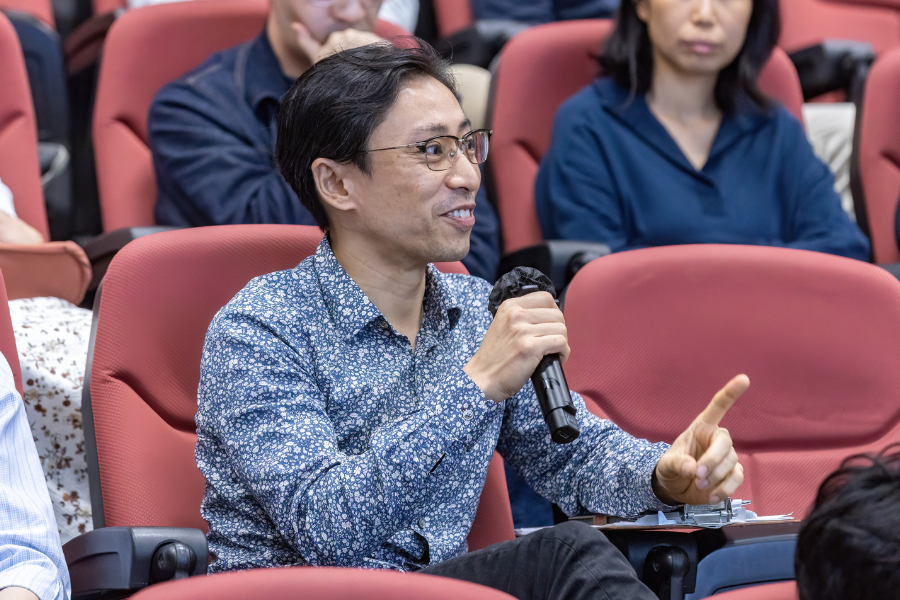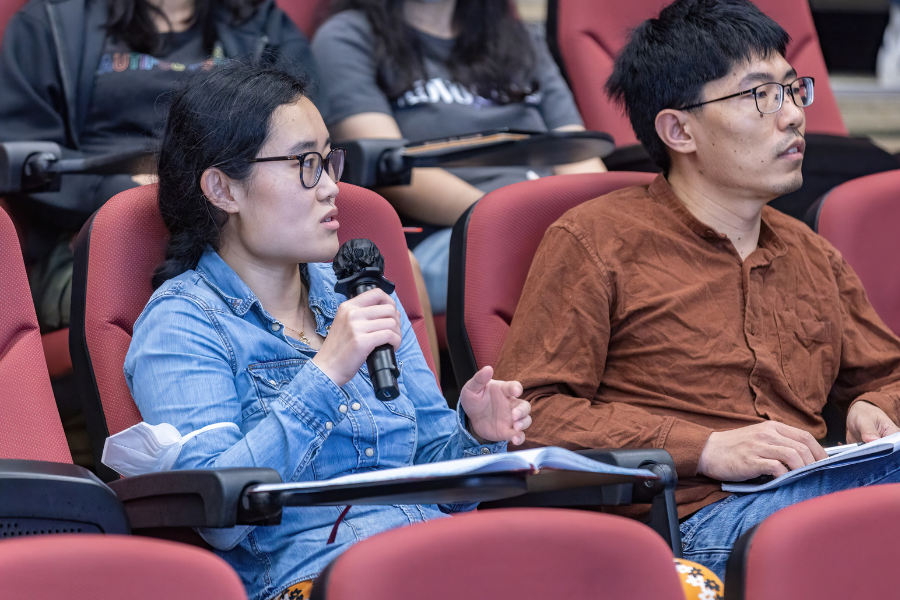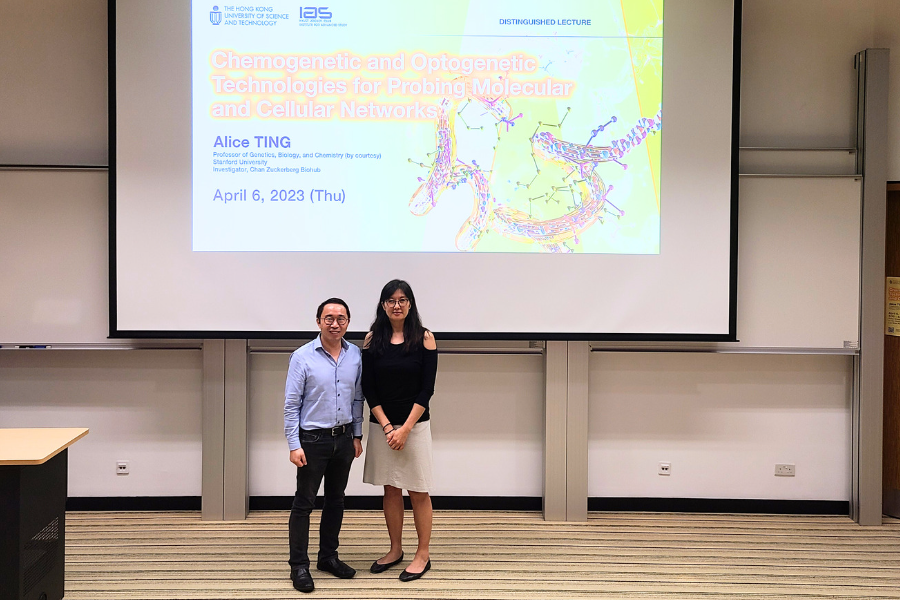Chemogenetic and Optogenetic Technologies for Probing Molecular and Cellular Networks
Abstract
Spatial compartmentation underlies all cellular signaling, but existing methods to study the subcellular organization of endogenous proteins and RNA - by imaging and fractionation-mass spectrometry for example - have important limitations. The speaker and her research group developed an alternative approach, enzyme-catalyzed proximity labeling, for the high-resolution spatial mapping of subcellular proteomes and transcriptomes in living cells. The speaker will describe the development of this approach, which includes enzyme directed evolution, and its application to uncover new mitochondrial and stress granule biology. In the second part of the talk, the speaker will describe synthetic optogenetic circuits that convert transient molecular events into stable changes in gene expression. She will describe examples of how these tools can be used to access and study specific neuronal subpopulations that are activated during particular animal behaviors, and to discover new regulators of protein subcellular localization in cells.
About the Speaker
Prof. Alice TING received her AB in Chemistry from Harvard University in 1996 and her PhD in Chemistry from the University of California, Berkeley in 2000. She continued her research as a Post-Doctoral Fellow at the University of California, San Diego in 2001-2002. She joined the Massachusetts Institute of Technology as an Assistant Professor of Chemistry in 2002, where she was promoted to Associate Professor and later to Full Professor. In 2016, she moved to Stanford University and is currently a Professor of Genetics, Biology, and by courtesy, Chemistry. She has been an Investigator at the Chan Zuckerberg Biohub since 2017.
Prof. Ting’s research focuses on the development of molecular technologies for probing both intracellular and intercellular networks. Her group has developed proximity labeling enzymes (APEX, TurboID), molecular integrators for calcium and G-protein-coupled receptors (GPCR) activity, monovalent streptavidin, and site-specific fluorophore ligases which have been widely adopted in cell biology and neuroscience to probe organelle proteomes and protein interaction networks.
Prof. Ting has received the 2005 Technological Innovations in Neuroscience Award of the McKnight Foundation, the 2008 NIH Director's Pioneer Award of the US National Institutes of Health, the 2010 Arthur C. Cope Scholar Award of American Chemical Society and the 2012 Vilcek Prize for Creative Promise in Biomedical Science of the Vilcek Foundation among other prizes.
For Attendees' Attention
Seating is on a first come, first served basis.

